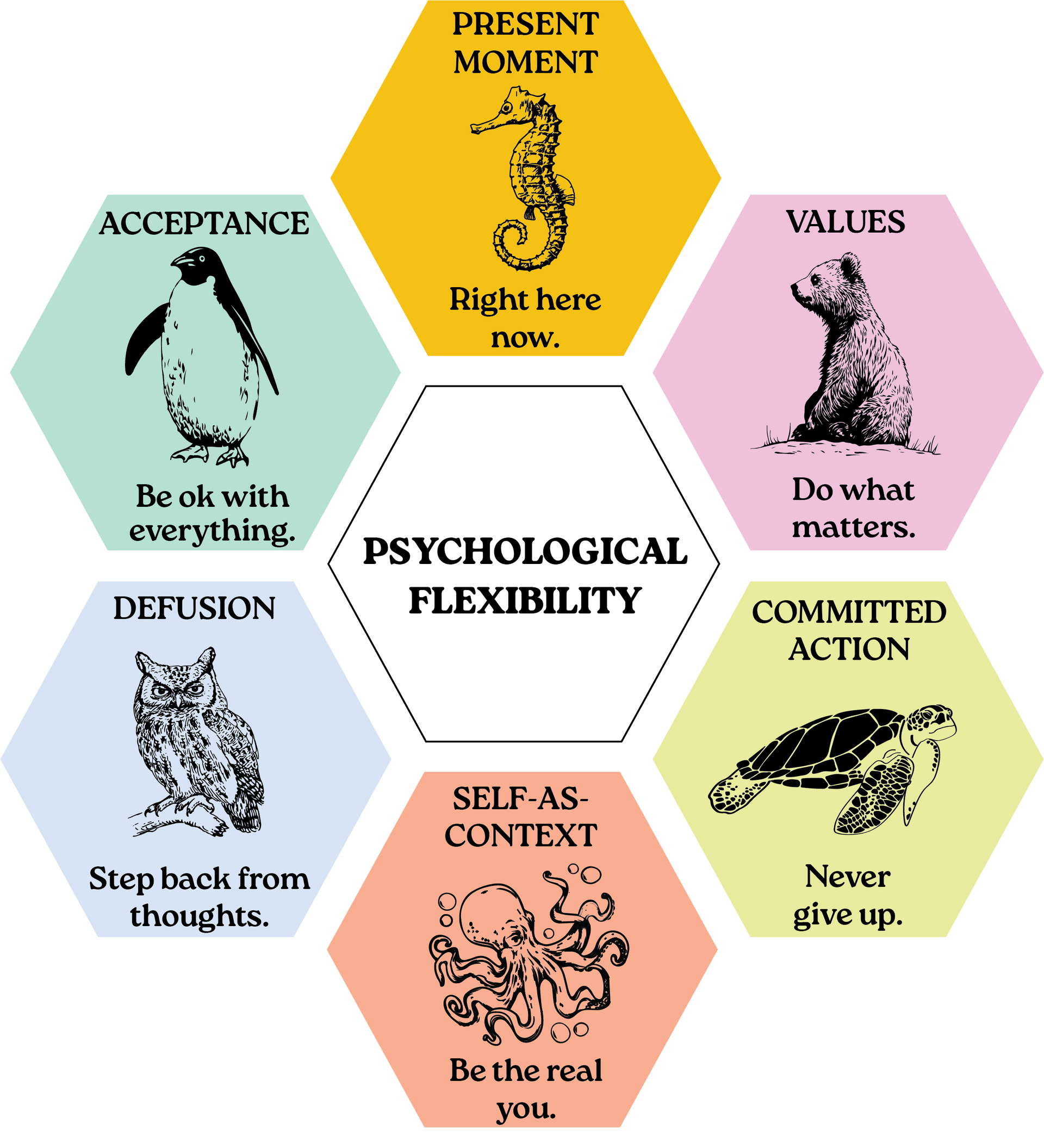
Direct Service Model
Focused ABA services directly provided to the individual for a limited number of specific behavior targets and the absence of developmentally appropriate adaptive, social, or functional skills.
The average recommendation for the focused model is typically 1-4 hours (i.e., direct sessions) per week.
Interventions
Naturalistic & Developmental
Behavioral Interventions (NDBI)
NDBIs are a set of interventions which share core features and combine developmental and behavioral approaches. The goal of NDBI is to ensure that interventions are both effective and contextually appropriate for young children (Schreibman et al., 2015)

Developmental Features
DAP
Uses developmentally appropriate practices (DAP) and follows the developmental sequence or trajectory
Child-Led
Follows the child's lead or interests during intervention and prioritizes individual goals and preferences
Naturalistic
Teaching occurs within the child's natural environment, context, and routine
Relationships
Emphasizes reciprocal interactions, shared control, and meaningful relationships
Joint-Attention
Co-oriented looking and shared interest are used as a context for learning and as a goal for intervention
Target Selection
Skills are taught across and within developmental domains, not in isolation
Behavioral Features
Environment
Intentional arrangement to scaffold child development and optimize learning opportunities
ABC Contingency
Behavior supports are directly related to what occurs before, during, and after the behavior
Reinforcement
Utilizes naturally occurring reinforcers like social engagement, praise, task completion, and continued access to increase motivation
Shaping
Reinforcing successive approximations (small steps in the right direction) of a desired behavior
Prompting
Providing hints or cues to encourage desired behaviors and systematically fading them
Direct Teaching
Direct teaching of specific skills in a structured and intentional way
Acceptance and Commitment Therapy (ACT)

The overall goal of ACT is to increase psychological flexibility by helping individuals accept and understand their emotions without judgment and make choices that lead to a positive and meaningful life (using a person-centered approach to achieve a life they deem valuable).
Accept. Identify. Move. (AIM; Intermediate)
AIM combines the concepts of mindfulness, ACT, and ABA to teach students how to successfully tolerate and manage their emotions. The curriculum is comprised of a tiered model of supports to ensure appropriate intervention based on the needs of each child (Dixon & Paliliunas, 2018). The curriculum can be used in schools, individual classrooms, and in direct sessions.
AIM Explorers (ages 3-10)
The AIM Explorers curriculum is a series designed for younger children (ages 3-10) that directly aligns with CASEL's core competencies for Social and Emotional Learning (SEL) and ACT hexaflex processes. It incorporates mindfulness activities with role plays, metaphor building, and perspective taking activities (Dixon, 2023). Each aspect of the hexaflex corresponds to an animal with stories to illustrate the processes in action to make it easier for littler ones to understand.
